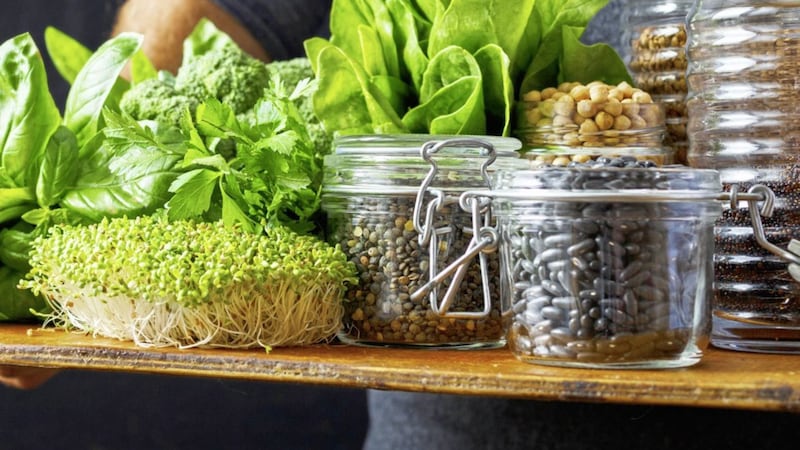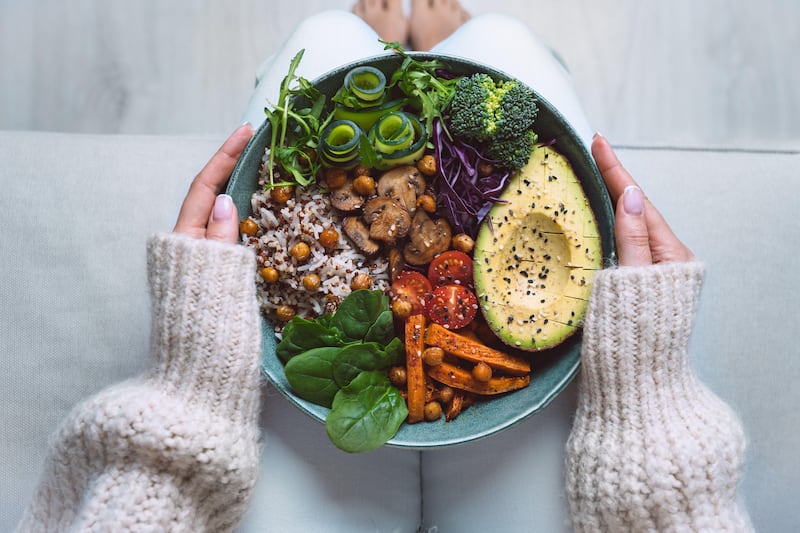A GOOD night’s sleep leaves us refreshed, revived and ready to start the day with a spring in our step. With the recommended eight hours a night, sleep plays a significant role in healing and repairing our body. Insomnia and erratic sleep patterns have been associated with everything from obesity and cardiovascular disease, to depression and diabetes.
In an age when technology is everywhere, being ‘busy’ is only ever seen as a good thing and stimulants keep us going, our sleep is suffering and insomnia is rife. Our internal body clock, also known as the circadian rhythm, has lost its natural rhythm.
If you have tried everything from counting sheep to changing your mattress and nothing seems to work, could nutrition be the answer?
10 ways for better sleep
:: Cut back on caffeine: This is the obvious first step. Caffeine is a fast-acting stimulant that helps to energise us within 15minutes of drinking, but its effects can be long lasting. Keep in mind that you could still have caffeine in your system for up to six hours after your last cuppa, so best to avoid caffeinated drinks after lunchtime for a good night’s sleep. Replace with calming herbal teas like lemon balm, chamomile or lavender-based teas instead.
:: Ditch the nightcap: Despite popular opinion, alcohol is not conducive to a good night’s sleep. Current recommendations state that we should have at least two alcohol-free nights a week, but if sleep is eluding you, then go booze free for best results.
:: Consider sleep-friendly foods: Some foods are thought to support the balance of our sleep hormone, melatonin. Oats, milk, cherries and yoghurt could be useful additions to our evening diet.
:: Get off the blood sugar rollercoaster: Cut out refined, processed and high-sugar foods and replace them with unrefined, whole foods. Sugar highs and lows can disrupt sleep and make us wake up in the middle of the night.
:: Max out on magnesium-rich foods: Magnesium has been dubbed ‘nature’s tranquiliser’ thanks to its calming properties. Foods rich in magnesium include dark green leafy vegetables, nuts, seeds and pulses. Some people find taking a magnesium supplement before bed helps them to unwind and relax. Look out for magnesium citrate and check with your GP if you are on any medication.
:: Rest your belly: Stop eating at least three hours before you go to bed so that your food is well digested and not wakening you in the wee small hours.
:: Get your daily dose of exercise: Get outside every day to help maintain your sleep-wake cycle. It seems that daylight, especially in the earlier part of the day, is essential for a good night’s sleep. If you can, do your energetic exercise earlier in the day and something more relaxing like yoga or walking later in the day.
:: Get into a regular sleep pattern, seven nights a week: Do something to help you to relax and unwind in the evenings. Read a book, practice mindfulness or have a bath. Anything that helps you to switch off and triggers your brain that it's time for bed.
:: Switch off all screens at least two hours before bed: That means phones, iPads and TV – especially in the bedroom.
:: Make sure your bedroom is cool enough and dark enough so you can get a good night’s sleep. According to the National Sleep Council, 16-18C is the perfect temperature for a good night’s sleep.
If you can’t get to sleep after 20 minutes or so, get up, do something relaxing, quiet and restful, then go back to bed and try again.
:: More info at sleepcouncil.org.uk








